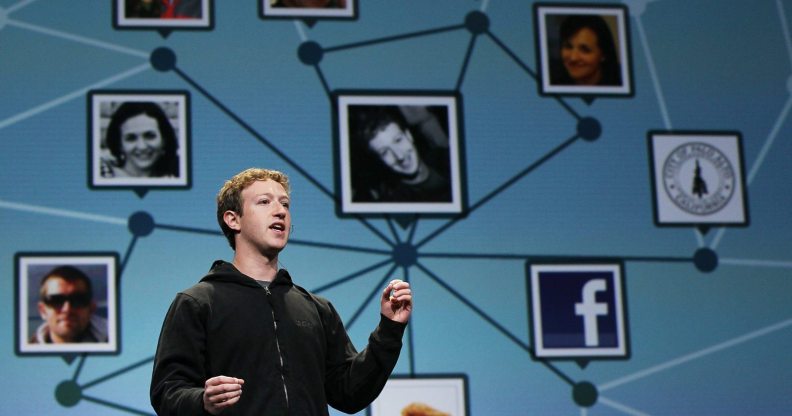Facebook can tell your sexuality from just three page likes

Your sexuality can be identified from just a few Facebook likes, a new study has found.
US researchers found that as few as three likes on the social network can reveal whether you’re gay to advertisers.
Facebook is known to reveal data users may be uncomfortable with people knowing, including information shared by others, browsing history and location data.
It can also identify what types of personalities users have from what they have liked, which is a key indicator of their interests.
Now researchers are calling on social networks to introduce a “cloaking system” to prevent such information being exposed without their permission.

(Photo by Peter Macdiarmid/Getty Images for Somerset House)
RELATED: Hillary Clinton responds to Russian government’s secret gay Facebook page
The study from researchers at Columbia Business School in New York, Northeastern University in Boston, and New York University aimed to understand what Facebook can know about users – such as sexual orientation, IQ, whether they smoke or drink, political beliefs and religious beliefs.
Experts were able to identify a person’s traits from fewer than eight likes.
For example, liking pages for Lady Gaga, the Human Rights Campaign, the TV show True Blood and Harry Potter are likely to mean Facebook identifying someone as gay.
Businesses are now actively using the data to target advertising.
“Online marketers increasingly depend on statistical inferences based on available information,” researchers said.

(Photo by Dan Kitwood/Getty Images)
“While some online users may benefit from being targeted based on inferences of their personal characteristics, others may find such inferences unsettling.
“Not only may these inferences be incorrect due to a lack of data or inadequate models, some users may not wish to have certain characteristics inferred at all.
“To many, privacy invasions via statistical inferences are at least as troublesome as privacy invasions based on personal data.”
They propose users hiding Facebook likes, saying that hiding just 3.5 likes could hide whether someone is gay.
“The cloaking device essentially tells the system: ‘do not draw inferences like this about me’ – or more practically, ‘do not show me ads or content for the same reasons that you decided to show me this’,” the authors said.

